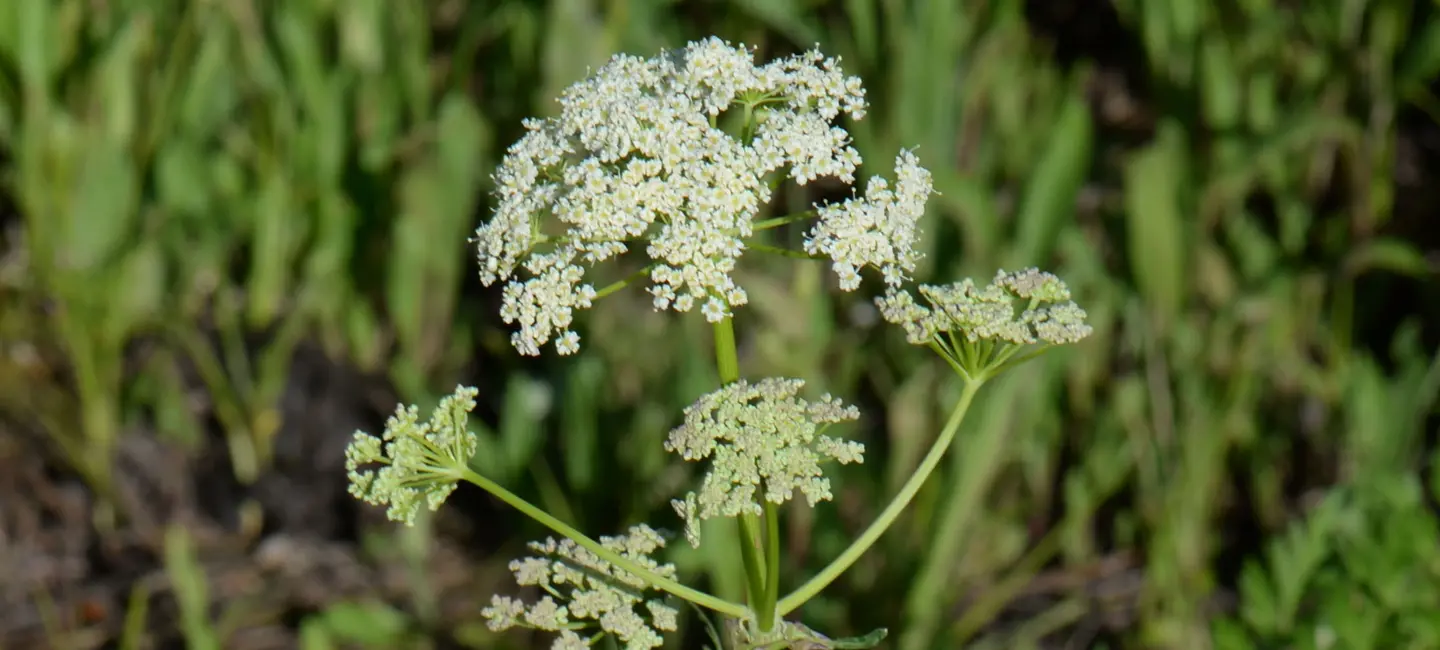
Osha (Ligusticum porteri) is a plant that grows in Northern America. It has been traditionally used as medicine in Native American and Hispanic cultures.
Osha contains chemicals that might help fight bacterial and viral infections, and it has traditionally been used for these purposes. Be careful not to confuse osha with poisonous hemlock. The leaves of the two plants are very similar. Be sure to buy osha from a reputable source.
Some people use osha for respiratory tract infections, skin infections, and viral infections such as herpes and HIV/AIDS. But there is no good scientific evidence to support these uses.
Is It Effective?
There is interest in using osha for a number of purposes, but there isn't enough reliable information to say whether it might be helpful.
Is it Safe?
When taken by mouth: There isn't enough reliable information to know if osha is safe or what the side effects might be.
When applied to the skin: There isn't enough reliable information to know if osha is safe or what the side effects might be.
Special Precautions & Warnings:
Pregnancy: It's unsafe to take osha when pregnant. It might start menstruation, and this might cause a miscarriage. Avoid use.
Breast-feeding : There isn't enough reliable information to know if osha is safe to use when breast-feeding. Stay on the safe side and avoid use.
It is not known if Osha interacts with any medicines. Before taking Osha, talk with your healthcare professional if you take any medications.
There are no known interactions with herbs and supplements.
There are no known interactions with foods.
There isn't enough reliable information to know what an appropriate dose of osha might be. Keep in mind that natural products are not always necessarily safe and dosages can be important. Be sure to follow relevant directions on product labels and consult a healthcare professional before using.
Information on this website is for informational use only and is not intended to replace professional medical advice, diagnosis, or treatment. While evidence-based, it is not guaranteed to be error-free and is not intended to meet any particular user’s needs or requirements or to cover all possible uses, safety concerns, interactions, outcomes, or adverse effects. Always check with your doctor or other medical professional before making healthcare decisions (including taking any medication) and do not delay or disregard seeking medical advice or treatment based on any information displayed on this website.
© TRC Healthcare 2024. All rights reserved. Use and/or distribution is permitted only pursuant to a valid license or other permission from TRC Healthcare.
